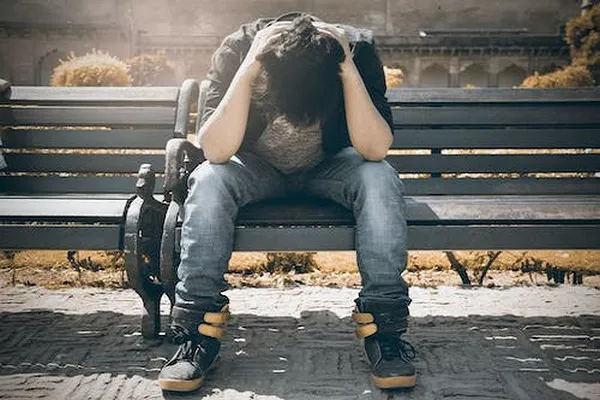A recent study, published in the journal Economic Inquiry, delves into the profound impact of the COVID-19 pandemic on the mental well-being of United Kingdom residents. The outbreak of the severe acute respiratory syndrome coronavirus 2 (SARS-CoV-2) and the resulting lockdowns and social isolation measures have significantly affected the mental health of individuals. These containment policies have altered people’s lives, influenced their psychological well-being, and may have increased distress. Consequently, assessing the pandemic’s impact on mental health is crucial for informed policymaking and future pandemics.
The research involved an analysis of U.K. Household Longitudinal Study (UKHLS) data using difference-in-difference (DiD) techniques to gauge the effects of the initial COVID-19 wave on psychiatric well-being. The study also explored the moderators or factors that could predict the extent of COVID-19’s detrimental impact on mental health.
Key findings from the study include:
1. Higher levels of mental distress were observed among U.K. residents during the first COVID-19 wave, with more severe impacts reported among younger individuals, females, migrants, and those from the Black, Asian, and Minority Ethnic (BAME) group.
2. Loneliness, financial problems, and living in congested places were associated with lower mental health.
3. Female psychological health was projected to be more than double that of men.
4. Household density had a significant impact on COVID-19-related psychological distress, with a higher number of individuals in a bedroom reducing the mental health effect.
5. Financial hardship and loneliness in overcrowded houses led to significantly worse psychiatric health degradation.
Overall, the study emphasizes the impact of COVID-19 on the mental well-being of U.K. residents, particularly those who are financially stressed, live in crowded households, or experience loneliness. It suggests that individuals with financial stability and social support are better equipped to navigate the challenges posed by COVID-19. Future research should explore the extent of COVID-19 recovery and its long-term psychiatric consequences, including any behavioral changes associated with living with the disease permanently.




















